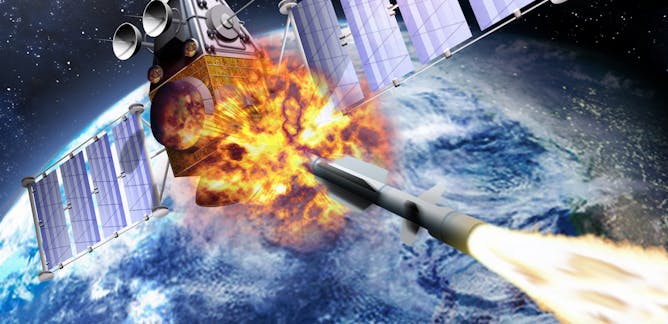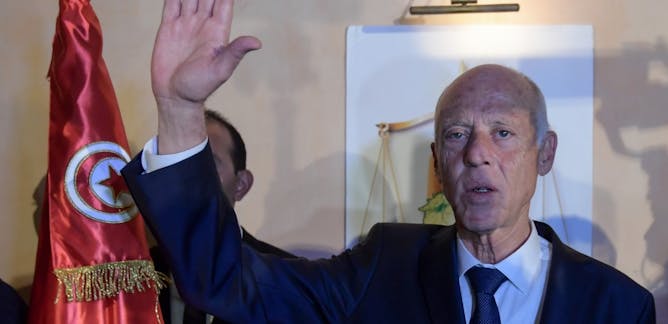|
In the late 1960s, the Swedish economist Gunnar Myrdal wrote of his deep pessimism about Asia’s economic prospects. At that point it was the world’s poorest continent, devastatingly underdeveloped. But in the 50 years that followed, Asia’s developing economies went through a profound economic transformation.
By 2016, writes Deepak Nayyar, Asia accounted for 30% of world income, 40% of world manufacturing, and over one-third of world trade. Despite the continent’s diversity, he explains the common patterns that drove Asia’s economic resurgence – and what the future holds.
|

By sladkozaponi/Shutterstock
Deepak Nayyar, University of Oxford
As a hugely diverse continent, one thing has united Asia in the last 50 years: economic development.
|
Politics + Society
|

Charles Hankla, Georgia State University
The Trump administration's tendency to follow rules only if they're in its interest could end up hurting the US in the long run.
| |

Vincent J. Miller, University of Dayton
Hundreds of bishops, priests, missionaries and tribal leaders are at the Vatican for the Synod of the Amazon, a three-week meeting focused on the environmental crisis threatening Amazonian peoples.
|
|
|
Science + Technology
|

Gareth Dorrian, University of Birmingham; Ian Whittaker, Nottingham Trent University
Following announcements by France and the US, NATO is expected to start using space weapons.
| |

Nick Longrich, University of Bath
Human's evolved through a series of highly unlikely events – so finding another intelligence like us would be like winning the lottery many times over.
|
|
|
En français
|

Lucas Bessire, University of Oklahoma
Les premiers contacts pacifiques des Indiens Ayoreo avec les non-Indiens ont eu lieu en 2004, et ont été de leur point de vue le début de la fin du monde.
| |

Mohamed Kerrou, Université de Tunis El Manar
La victoire de Kaïs Saïed consacre le triomphe du populisme. Le peuple révolutionnaire qui célébra avec faste sa victoire ne tardera pas à réaliser que le paradis rêvé risque de s’éloigner.
|
|
|